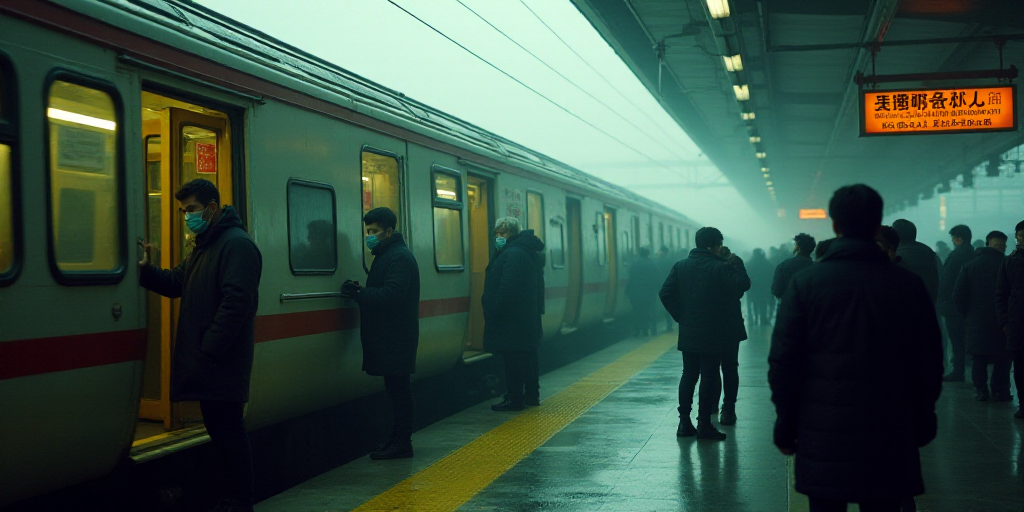Brugada and Fiscalía CDMX Propose Up to 5 Years in Prison
In recent weeks, dozens of complaints about alleged “pinchazos” (surreptitious drugging) of Metro users in Mexico City have raised alarms among capital authorities. In response, local legislative initiatives have been announced to criminalize this behavior in the city’s Penal Code, with proposed penalties ranging from 2 to 5 years in prison and fines.
The proposed legal reform, developed in collaboration with the Fiscal General de Justicia and the Consejería Jurídica, aims to add a chapter to Article 141 Quater of the CDMX Penal Code to sanction the “subreptitious administration of substances.” This includes actions like using sharp objects, drinks, or food to induce alterations in the victim. Penalties can increase by up to half if psychoactive, narcotic, or any chemical substances altering consciousness are used, or if the victim’s life or health is endangered.
Additional aggravating factors apply when the victim is a minor, has a disability, or is an elderly adult; when the incident occurs in mass gathering areas or public transportation; if multiple people are targeted, or if the pinchazo facilitates other crimes like robbery, assault, or human trafficking.
Penalties of Up to 7 Years
In the CDMX Congress, PAN legislators Frida Guillén and Olivia Garza also presented a proposal to impose 2 to 7 years in prison for those who administer substances without consent, reinforcing calls for stricter legislation regarding such assaults.






